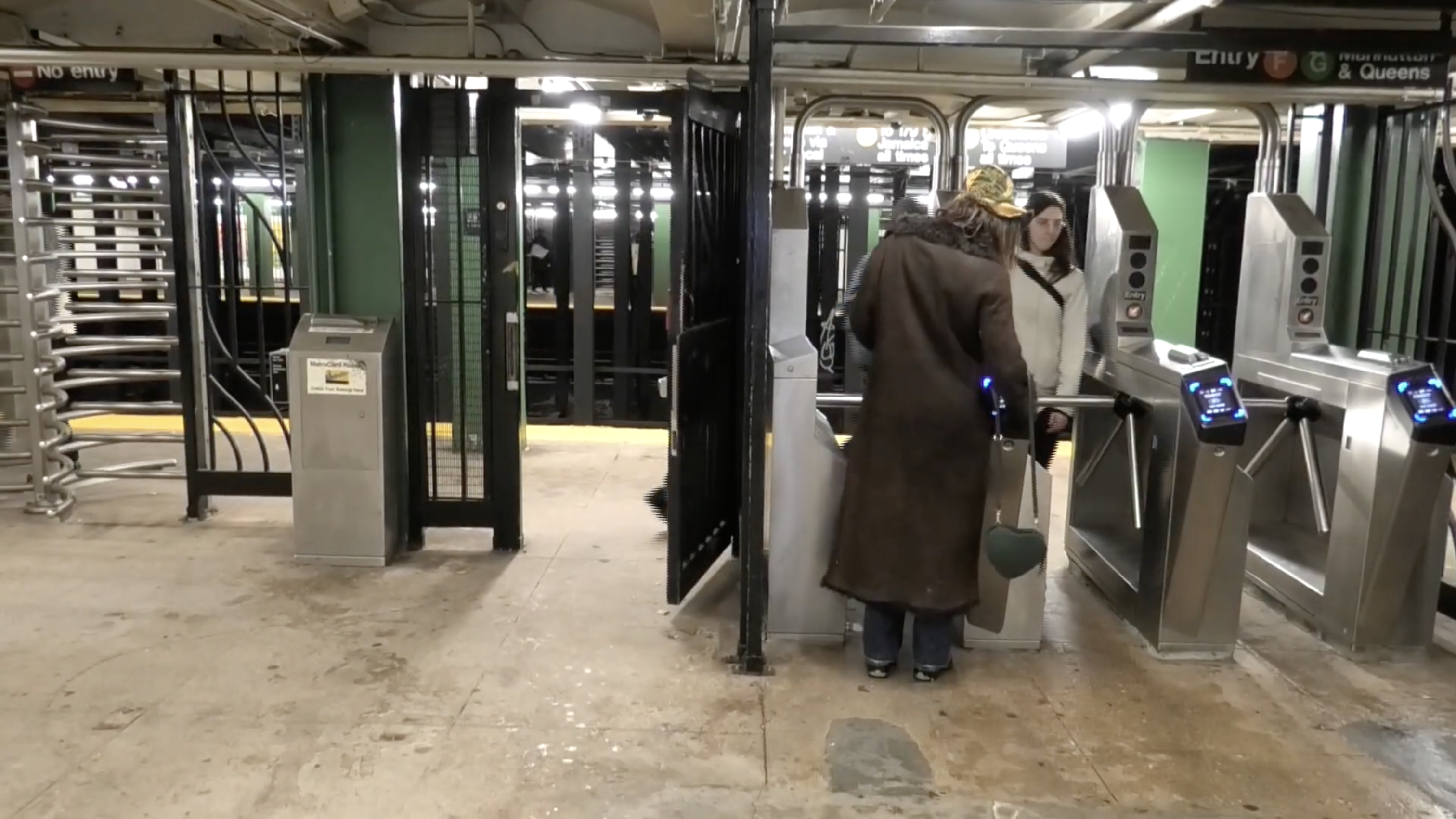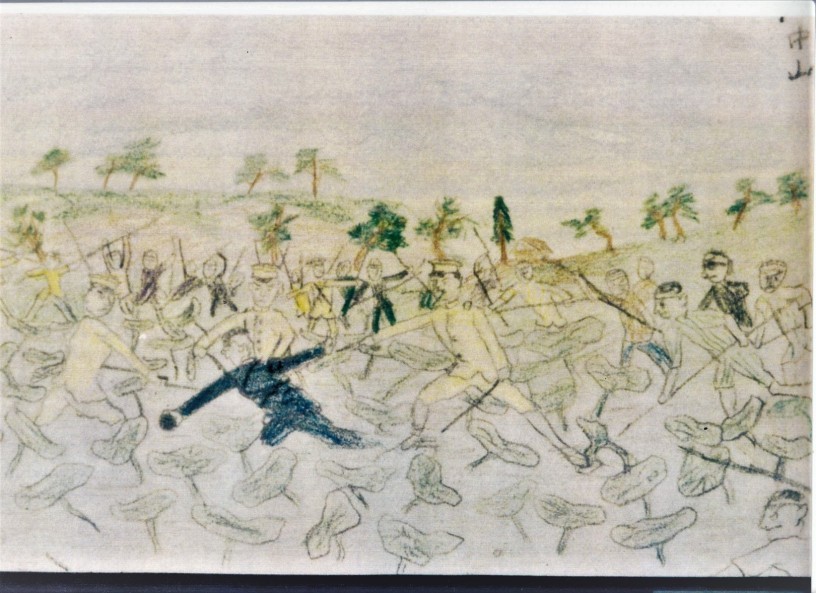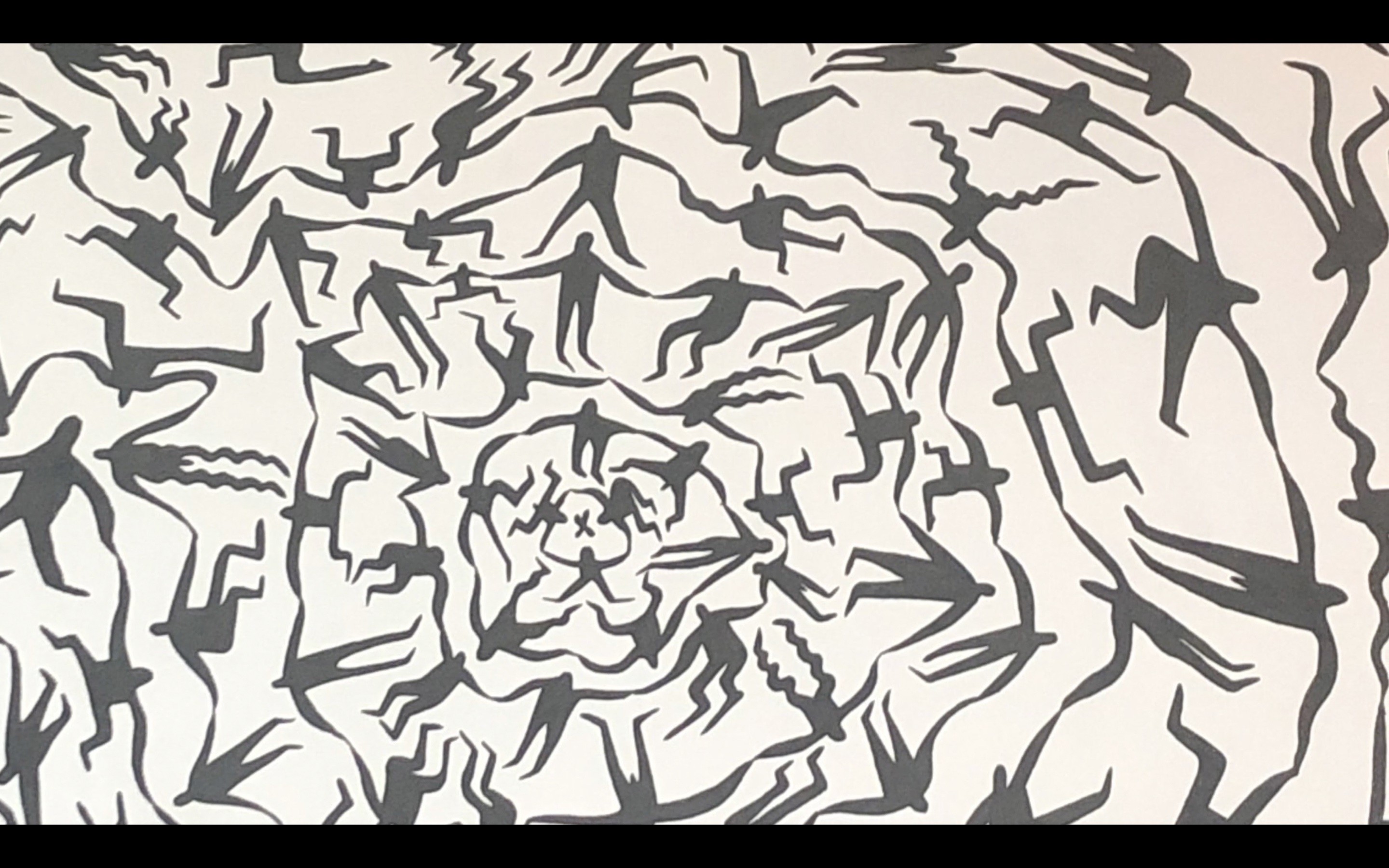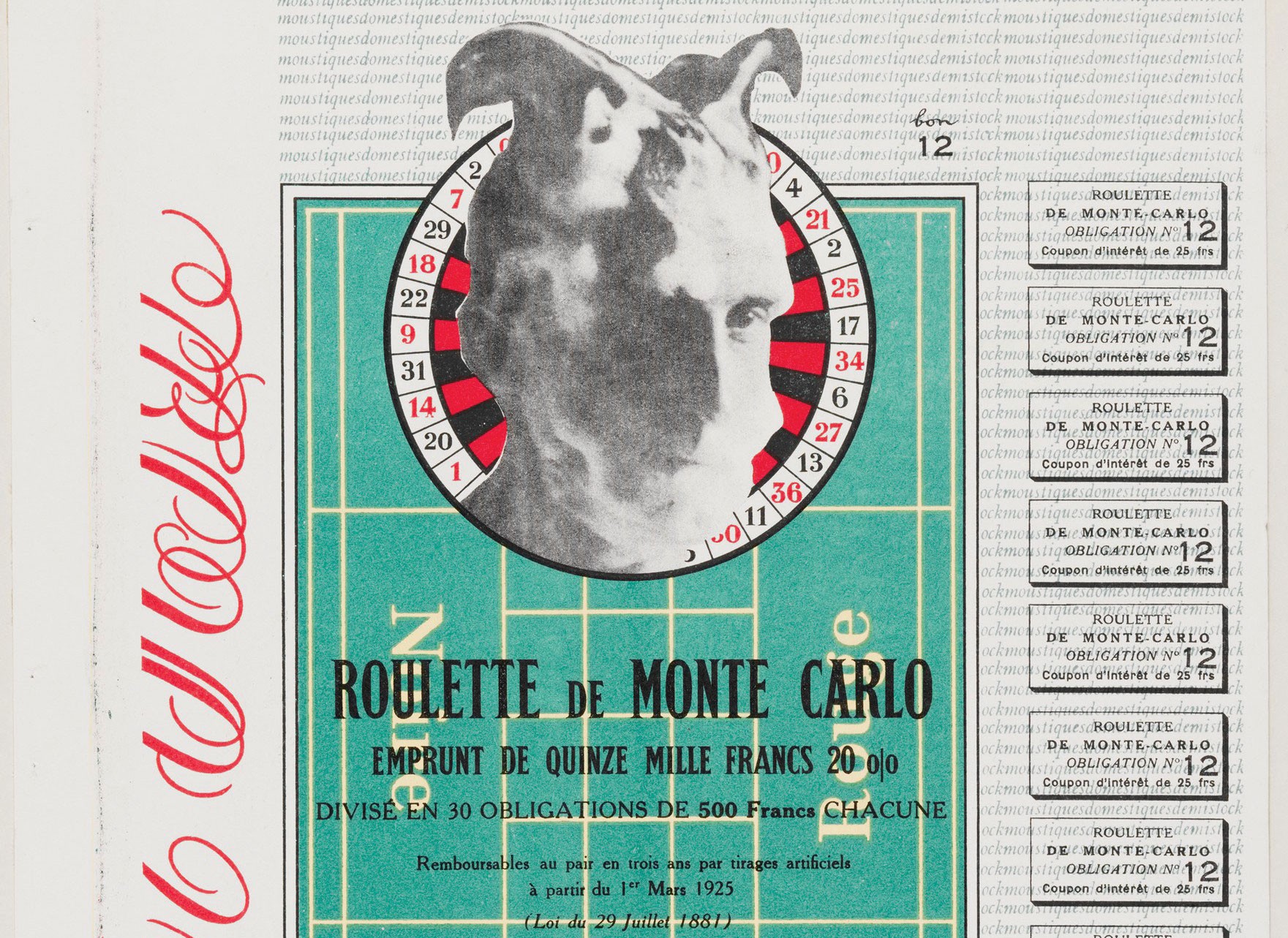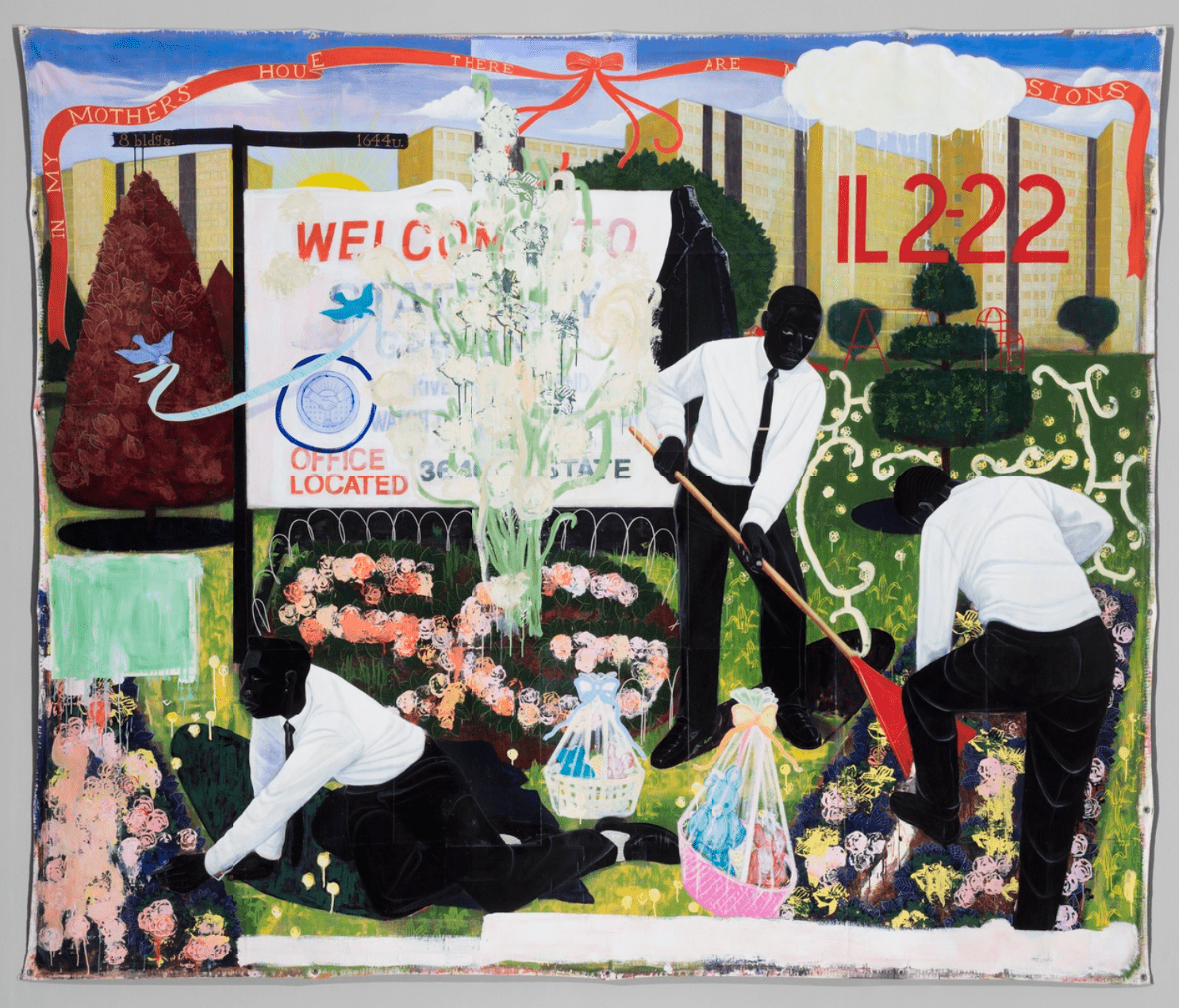By Dominic Coles
UNAUTHORIZED USE PROHIBITED presents us with a form that lies between performance and protest. Its backdrop—the securitized corridors, entrance ways, and stairwells of the New York City Subway—evoke the securitization of circulation in the high city of finance.[1] Its object: the conditions which enable and forestall movement, which make the distinction between the authorized and the unauthorized. What and who is allowed to move? Why are the city’s lumpen, on their way to work menial service jobs in asbestos-filled school buildings brought to a standstill at public transit centers? What are the apparatuses — technical, ideological, economic — that effect these stoppages, these checks, which divide the city into a cross-hatched zone of control? And more speculatively, how does the rhythmic dance of everyday life exist in a non-identity with its obverse, the choreography of capital?
These are questions of stasis and flow, of the relation between the individual's movement and the movement of value, mediated by the infrastructure of the subway. UNAUTHORIZED USE PROHIBITED provides us with a sonic response. If movement around the city is predicated on surveillance, predation and extraction, sounded in the turn of the turnstile and the tone of the MetroCard swipe or the OMNY tap, what form might a counter-sound take? How might we produce and arrange sound against this channeling of bodies? Would this be an unknown, inscrutable music? Or might it be — as we witness in UNAUTHORIZED USE PROHIBITED — an invitation? In the arrangement of bodies in space, in the creation of a set of sounds, of a grammar, we encounter a provocation, an aperture through which anyone might pass.
Think of it this way: if all that was required for you to move freely through your city was to pick up an instrument, what would you grab? With your instrument at hand, a certain fugitive possibility might present itself, as a space of stasis, regimentation and canalisation is made sonorous. Nod your head, check your phone, hold the door open for those behind, bang your fist against the metal.
We would call this a kind of commoning, the making free of what was already ours. It’s what Stefano Harney and Fred Moten call the ‘old new open secret logisticality’[2], that diagonal straying beneath the logistical, that force which seeks movement’s total subsumption. If ours is an era of financialization, of the decoupling of value’s creation from the functioning of the ‘real economy’, of labor’s planned obsolescence, then this targeting of our movement is an admission that it remains the precursor to value’s production. So what if we started to move differently? How does this movement sound? How is it sounded? Harney and Moten alight on the figure of the jaywalker, those who
disturb the production line, the work of the line, the assembly line, the flow line, by demanding inequality of access for all. When the line don’t stop to let you catch your breath, jaywalkers stand around and say this stops today.[3]
Here we might consider UNAUTHORIZED USE PROHIBITED ’s inception point: the holding open of the exit door. The act’s familiarity produces an unbounded, uncertain situation, whose persistence is as likely as its arrest–––after all, the decision to hold open the exit door can be taken for any number of reasons. To turn contingency into repetition, to create a system of loops, of choreography and gesture, narrows the situation. Now, entrance into the performance space binarises the decision to be made: to pass through the open door or not. Repetition and reiteration act as tools which produce a cut, an activity which with Marina Vishmidt we call critique, where critique is “a device for making little breathing holes in the suffocating fabric of reality.”[4] The prohibition to ride for free and its lawlike shaping of the space has been aerated, made porous. Suddenly, the door signifies passage and the turnstile, approached from behind, an instrument to be played by hands and hips.
But how to make sure that this cut does not simply pass unnoticed? Or worse, that it is resignified via the presence of the camera into yet another instance of mediated performance, of “people filming”? Following Vishmidt, what is needed is a making visible of the infrastructure, both as it is — a structure which striates, channels and blocks — and what it might, with struggle, become. That speculative thought arises from the infrastructure’s negation, which is the generation of a new set of movements, codes and gestures for its navigation. Rather than rehearsing the movements of the commute, a new set of movements are communicated.
Take for instance the Signals for a Single File Line:
Imagine that the single file line is in fact a broken circle, wherein the front of the line and the back of the line are invisibly connected: if a hand signal comes from the middle of the line, those performers behind the signal sender should imagine that they’re receiving the signal from the front of the line (where the circle was broken). As such, they should replicate the signal too - once they register that a new signal has been sent - so that all performers are sending, receiving, and sounding the same signal.
To enact these instructions requires transmitters, channels and receivers, it requires the group. It is within the context of the group that the alienating actions of the piece are made hospitable. One finds oneself observing the coherent enactment of complex procedures, which marks one’s own choreography as somehow askew. If they can, what’s stopping me? Then the critique’s cut leaves a mark, and from that mark bleeds that which the infrastructure contains. Vishmidt again: “what [critique] reaches for, works with, [are] desires that are latent in the infrastructure.”[5] Let’s whistle and sing the space anew, taking note of what results. If capital experiments on us every day, prodding, cajoling, threatening, what’s to stop us from reworking one of its prized experimental spaces into our own laboratory?
UNAUTHORIZED USE PROHIBITED
The NYC subway’s Service Entrance and Emergency Exit doors used to display a different text. Previous iterations included:
“Emergency Exit
Push Bar for Emergency Exit”
“Push Bar for Emergency Exit
Alarm Will Sound”
Its most recent revision reads: “UNAUTHORIZED USE PROHIBITED,” a textual change that makes up one component of the city’s campaign against fare evasion in the subway system.
This piece moves performers through the infrastructure of a NYC subway station. Performers realize choreographed movements through the subway’s service entrance door and nearest turnstile entrance with the intention of keeping the service entrance door open for the duration of the performance. As performers move freely through the entrance infrastructure, their choreography becomes a cover for any other person hoping to enter the subway system through the open door.
This music seeks to bind listeners together in the performance of an illicit act. In this performance, experimental music’s unrecognizability - its distance - becomes a kind of cover, operating as an alibi for the illicit: under the guise of the performance, the illicit act becomes passable or permissible. Perhaps experimental music’s possibility resides in its unrecognizability? I want to imagine experimental music as the musical accompaniment to an expanding list of illicit acts which undermine the disciplinary forces at work on our bodies and cognitions. A music whose illegibility becomes a tool with which to conceal and protect the undermining act itself.
This piece would not have been possible without its incredible and committed performers: Max Ardito, TJ Borden, Regan Bowering, Webb Crawford, Ian Douglas-Moore, Alex Fenichell, Rahul Nair, Laura Pfeffer, Sydney Spann. Additional thanks for their support: Bill Dietz, Kabir Carter, H.A. Halpert.
To Begin
- Performers wait until a member of the public exits through the service entrance to begin performing. Or: one performer hops the turnstile entrance to the station. This performer then opens the service door so that the others can enter through it.
- Performers begin moving in a circular motion: exiting through the nearest turnstile and re-entering through the service entrance door, repeating this motion to form a continuous circle.
The service entrance door must stay open for the duration of this performance.
Performers should be attentive to the tightness of the circle to ensure that members of the public can pass through the door as well. Depending on the number of performers and turnstiles available, performers can experiment with multiple simultaneous circles.
All direction regarding additional movements is communicated via hand signals. You can choose to give a signal at any point in the performance. If a contradictory hand signal is given by two different performers simultaneously, it is up to the group to spontaneously decide which signal to follow. These decisions will be made via group intuition rather than through any kind of formal discussion.
Many pitched sounds are present in the environment (beeping from turnstiles receiving payments, the train’s brakes, the squeaking of the service door, etc). Listen to these pitches and select one to translate into a sparse, repetitive rhythmic sequence that sounds in counterpoint to the rhythms generated by the group’s movement through the turnstile. You should vary the pitch as little as possible within each sounding of your rhythmic sequence. If you hear another performing their rhythmic sequence you can choose to perform yours.
Whenever a member of the public enters the train through the service entrance door begin performing your rhythmic, whistled sequence. These sequences can be performed for as long as desired.
A performance should only end when broken up by the authorities or when a predetermined (large) number of people are let through the open door.
Signals for Circular Motion
While making circular motions through the service entrance and nearest turnstile: movement instructions are registered via hand signals from the person in front of you. If the person in front of you gives a hand signal, replicate it so that it is communicated sequentially to the rest of the group. You, or any other performer, can choose to give a signal at any point.
Right Hand Raised
A raised right hand means to reverse direction.
If you raise your right hand, or see the person in front of you raise their right hand:
- Raise yours or keep it raised.
- Freeze in place and turn around maintaining your raised hand.
- Once everyone in the group has frozen & changed direction, begin moving in the new direction.
This new direction will mean that you: hop the turnstile & exit through the service door before re-entering the station by hopping the turnstile. At any point you can raise your right hand again to reset the direction so that you exit through the turnstile & enter through the service entrance.
Left Hand Raised
A raised left hand means to freeze completely.
If you see the person in front of you with their left hand raised:
- Raise yours & stop all motion immediately.
- When everyone has lowered their left hands, resume motion.
When the person in front of you lowers their left hand, take this as your cue to start thinking about lowering yours - though you can take your time, depending on the needs of the performance.
Clap
A single clap means to speed up the rate of motion slightly.
Two Hands Pushing Out In Front of You
Two hands slowly pushing out in front of you means to move as slowly as possible.
When everyone’s hands are returned to their sides, the rate of movement returns to a neutral, moderate walking speed. This can be a way of resetting the rate of motion if things are moving too quickly.
Transitioning between Circular Motion and Single File
If a performer claps 6 times, transition from the circular motion into a single-file line.
Whoever is currently holding the door should:
- Remain in place and continue to hold the door.
- All other performers will form a single-file line behind the performer holding the door.
You can alternate between circular motions and single-file lines at will by performing 6 claps.
Signals for Single File Line
Form a single file line with one person at the front of the line holding the door. The neutral state consists of each person standing in line with their left hand placed on the left shoulder of the person in front of them.
Imagine that the single file line is in fact a broken circle, wherein the front of the line and the back of the line are invisibly connected: if a hand signal comes from the middle of the line, those performers behind the signal sender should imagine that they’re receiving the signal from the front of the line (where the circle was broken). As such, they should replicate the signal too - once they register that a new signal has been sent - so that all performers are sending, receiving, and sounding the same signal.
Left Hand On Left Shoulder
This indicates no movement.
No Hands On Either Shoulder
All performers move up one place in the line.
If you no longer feel a left hand on your shoulder:
- Remove your hand from the shoulder of the person in front of you.
- Move up one place in the line.
If you are the person at the front of the line holding the door and you no longer feel a left hand on your shoulder, move to the back of the line so that the second person in line is now in front & holding the door (everyone moves up one position).
Left And Right Hand
Tap your feet as quickly as possible or all performers synchronize steps into a rhythmic unison.
Imagine: the throngs of commuters entering the subway system.
Right Hand Only
Whistle any sustaining pitch taken from the context or any rhythmic sequence.
Transitioning between Circular Motion or Single File into Turnstile Spirals
If a performer claps 4 times, transition from your current motion into Turnstile Spirals.
Whoever is currently holding the door should remain in place and continue to hold the door. You can return to Circular Motions at will by performing 4 claps.
Turnstile Spirals
One performer bangs the service door against its frame while the others spiral through the turnstiles.
Whoever is holding the door open should:
- Create a repeating rhythmic figure by audibly banging the open door against the back of its frame and the adjacent turnstile.
- Consider: whenever the other performers pass through the open door the rhythm can vary slightly as and if desired (slowing down or speeding up, but only slightly).
The other performers - in a single file line - move through the open door in circular, spiraling motions:
- First they pass through the nearest turnstile and back onto the platform via the open service entrance.
- Then they move out through the second nearest turnstile and back onto the platform via the service entrance.
- Then through the third nearest turnstile and back onto the platform via the service entrance, continuing this process until all of the turnstiles have been passed through.
- Once performers have passed through all of the turnstiles, the spiraling-circular motion can repeat, starting with the nearest turnstile again. At this point, those performers spiraling through the turnstiles can move through any turnstile in any configuration and order. Continue for as long as desired.
Simplified Form
In this version, no extraneous sounds are produced beyond those generated by the movements of the performers. Performers create a single continuous circle through the service entrance door and the nearest turnstile entrance - the motion will never change and no additional sounds will be produced. Performers should maintain, to the best of their abilities, an equal distance between one another. The above rules for determining the end of the work still apply.
To Begin:
- Performers wait until a member of the public exits through the service entrance to begin performing. Or: one performer hops the turnstile entrance to the station.
- This performer then opens the service door so that the others can enter through it.
- Performers begin moving in a circular motion: exiting through the nearest turnstile and re-entering through the service entrance door, repeating this motion to form a continuous circle.
The service entrance door must stay open for the duration of this performance. Performers should be attentive to the tightness of the circle to ensure that members of the public can pass through the door as well.
Notes
- Introductory text by Rafael Lubner ↑
- Stefano Harney and Fred Moten, All Incomplete (Minor Compositions, 2021), p. 39. ↑
- Harney and Moten, All Incomplete, p. 41. ↑
- Marina Vishmidt, “‘Only as Self-Relating Negativity’: Infrastructure and Critique,” Journal of Science and Technology of the Arts 13, no. 3 (2021): 17. ↑
- Vishmidt, “‘Only as Self-Relating Negativity’,” 15. ↑
